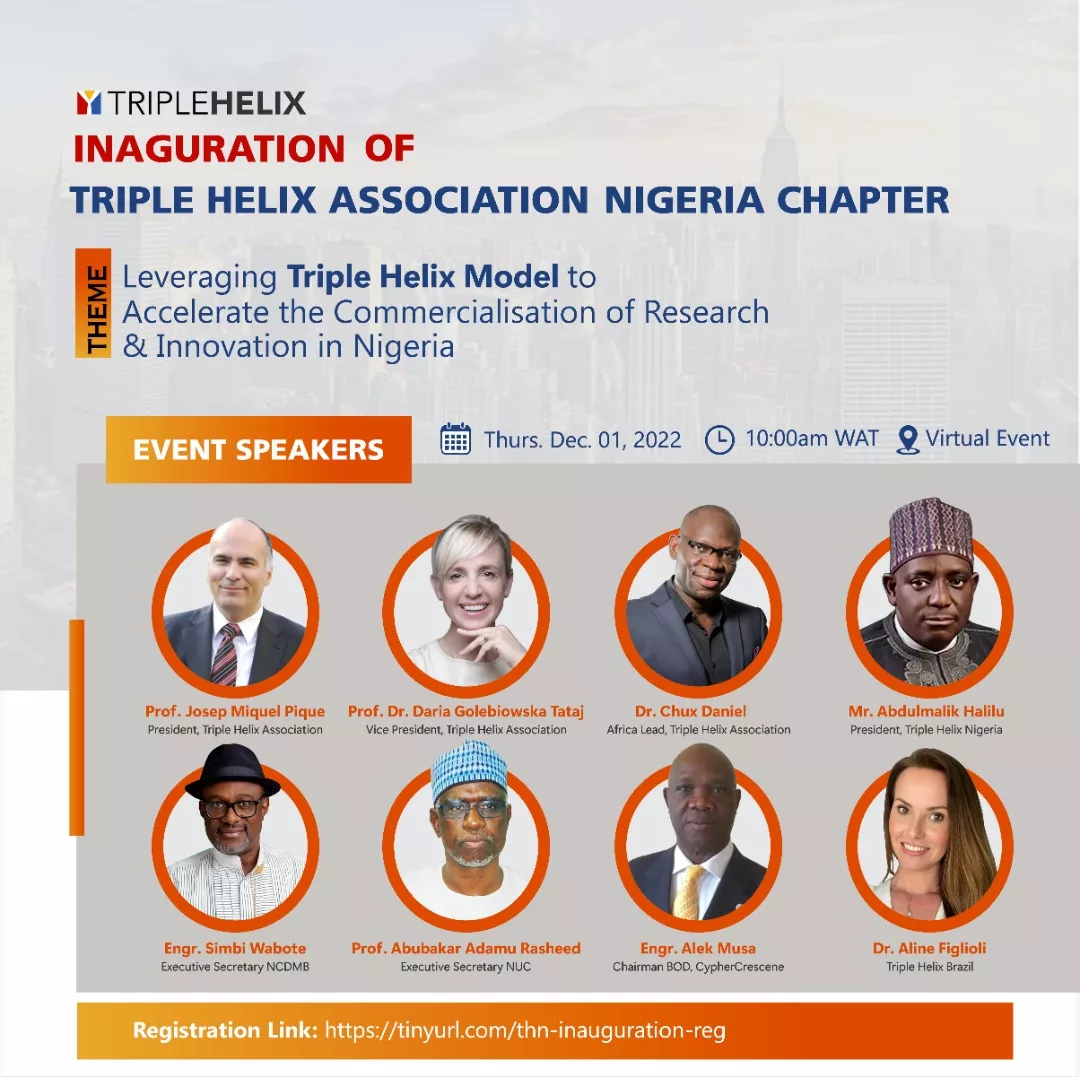Financial inclusion designed to cut across the social strata and gender has remained a knotty issue in spite of the best efforts of institutions and experts who strive strenuously to ensure that no one is left behind in the plan to bring everyone into the financial net. As the authorities continue to put measures in place to bridge the existing gap, there seem to be a stubborn lacuna that is so defiant. Nevertheless, it is to fill this void that experts in the sector held a largest convening of the global Financial Inclusion ecosystem since the launch of the National Financial Inclusion Strategy in 2012. Its theme: “Financial Inclusion for all: Scaling Innovative Digital Models,” is instructive.
During the conference, powered by public and private sector experts as well as regulators, seven key policies and products that would enable the achievement of 95 per cent financial inclusion in Nigeria by 2024 were presented to participants who spent two days analysing them and generating modalities for making them workable in a complex system such as exits in Nigeria.
Some of these policies include the revised national financial inclusion strategy, the Strategy for leveraging agent networks for women’s financial inclusion, the national fintech strategy and the payment system vision (PSV) 2025. Others are, the Nigeria financial services maps, the CBN regulatory sandbox and a fintech bridge between the Central Bank of Nigeria and the Central Bank of Egypt.
It needs to be recalled that from 2012 to date, over 59 policies and initiatives have been implemented by stakeholders to achieve the objectives of financial inclusion. These policies and initiatives cut across the banking sector, the insurance sector, the capital market sector and the institutions responsible for infrastructural development for financial inclusion in Nigeria.
In the process of implementing these policies, experts at the conference commended the determination of monetary policy initiators who in their deliberate effort to achieve inclusivity, prioritized financial inclusion through an invention for over four million smallholder farmers and Small and Medium Enterprises (SMEs) and creating over two million jobs at that level of the nation’s economy. It is expected that by the end of 2024, the aim of attaining 95 per cent rate of financial inclusion in Nigeria will hopefully be achieved.
It is noteworthy, in the opinion of this newspaper, that Nigeria, as an emerging market economy is, indeed, at an important tipping point for financial inclusion. Even more significant is the situation that brings to the fore the relevance of the Nigerian economy in driving financial inclusion. Obviously, in our view, at no time has there been a prevalence of an enabling regulatory environment, proliferation of digital technology, innovation and collaborative platforms between the public and private sector – all strategic levers required to scale financial inclusion in Nigeria than now.
CBN Moves To Adopt Digital Models To Accelerate 95% Financial Inclusion
From the point of view of analysts, policymaking in advancing Financial Inclusion in Nigeria has continued to play critical role in ensuring that set goals are achieved within reasonable time frame. Participants highlighted the role to be played by the new national financial inclusion strategy in providing a genuine chance for improving livelihoods. In their expert opinion, this will include strategies that leverage the National Insurance Number, Bank Verification Number amongst other policies.
Specifically, financial inclusion is recognized internationally as key to reducing poverty and boosting prosperity. According to the World Bank, being able to have access to a transaction account is a first step toward broader financial inclusion. In its Universal Financial Access Initiative which concluded in 2020, it maintained the stance that ensuring that people worldwide can have access to a transaction account will continue to be an area of focus.
The World Bank stated that great strides have been made toward financial inclusion and pointed out that 1.2 billion adults globally have gotten access to an account between 2011 and 2017. As at this date, it is recorded that 69 per cent of the world’s adults had an account. The beauty of this development is that digital financial services, including those involving the use of mobile phones, have now been launched in more than 80 countries, including Nigeria with some reaching significant scale.
The Nigerian government, on its part, had pursued this policy directed at ensuring that individuals and businesses have access to useful and affordable financial products and services that meet their needs in the areas of transactions, payments, savings, credit and insurance with a single-minded determination to expand and consolidate the financial space. Furthermore, the policy direction is focused in such a manner to ensure that these products and services are delivered in a responsible and sustainable way.
It is a measure of the importance of this policy that the conference attracted the attention of the Nigerian government at the highest level. Internationally, the United Nations Secretary-General was also represented at the conference by his Special Advocate on Inclusive Finance, Queen Maxima of the Netherlands.
Source : From the Web


